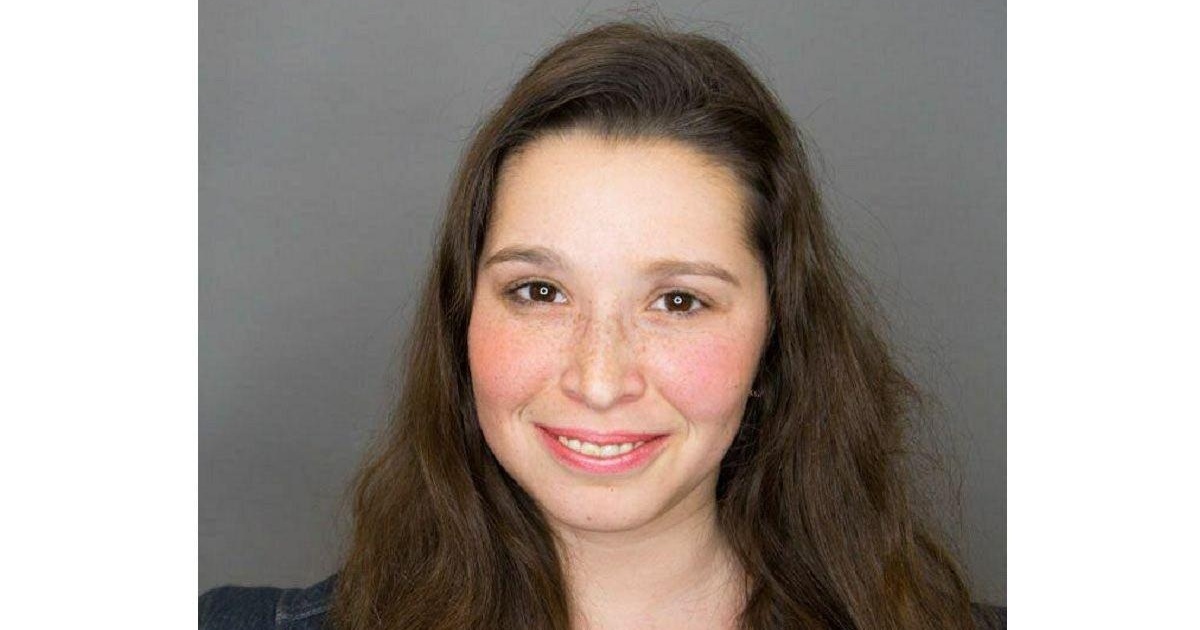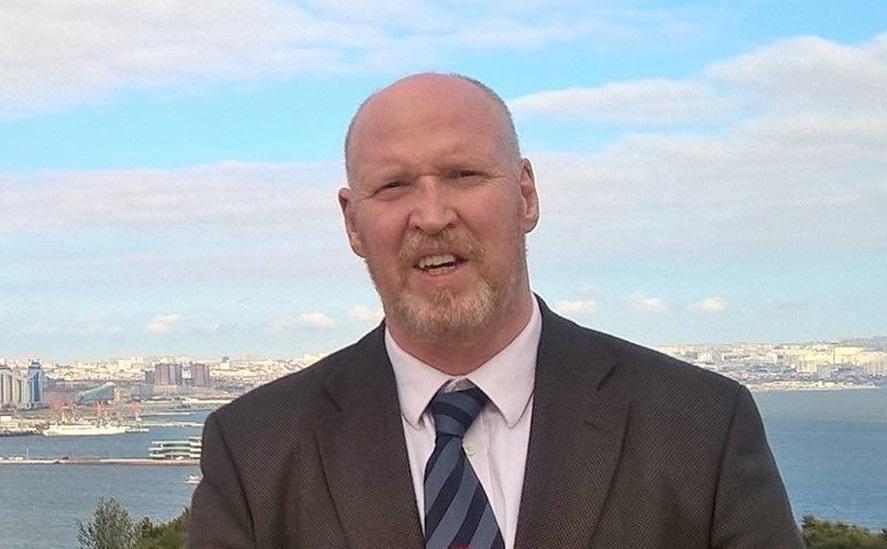Will the new US ambassador be able to cool down tense US-Azerbaijani ties? Foreign pundits on Caliber.Az
The new US Ambassador to Azerbaijan, Mark Libby, arrived in Baku late on December 2. He limited himself to a brief statement to the press in Azerbaijani, saying that he was very glad to arrive in Azerbaijan.
“I look forward to the opportunity to present my credentials and begin working to develop US-Azerbaijani relations and achieve sustainable peace in the region. I also want to get to know your beautiful country better. Thank you for your kind welcome,” Libby said.
The arrival of the new US ambassador coincided with a period of very significant cooling of relations between the two countries. On November 15, at a hearing in the US Congress, Assistant Secretary of State for European and Eurasian Affairs James O'Brien stated that Washington stopped communicating with Baku until a peace agreement between Azerbaijan and Armenia was concluded.
In response, Baku accused the United States of conducting anti-Azerbaijani activities through USAID and other donor organizations. However, after that, there was a call from US Secretary of State Antony Blinken to Azerbaijani President Ilham Aliyev, but the tension remains and is clearly felt.
The post of US ambassador to Baku has been vacant for a long time. All the more interesting, under what conditions will Libby have to work? Will this diplomat be able to make any efforts to really defuse the tension between Baku and Washington? What instructions on this matter could he have received before leaving for the host country?
Foreign political analysts shared their opinions about this situation with Caliber.Az.

Irina Zuckerman, a US analyst, geopolitical and security expert, and editor-in-chief of The Washington Outsider, says one of the reasons for Ambassador Mark Libby's delay in arriving in Azerbaijan is the increasingly polarized and extensive process of nominating and approving candidates for diplomatic and military service, which often involves slowing down candidates as the Senate fights with the executive branch on foreign policy issues, as well as higher priority is given to resolving immediate crises, not diplomatic appointments.
"As a new face in Baku, Libby has the advantage of not necessarily being bound and burdened by past mistakes in the South Caucasus. And so, while he will be expected to respond to ongoing diplomatic setbacks, Libby will not be blamed for several recent events that have left a mark on Baku-Washington relations. Although appointed by the Biden administration, Libby is a career diplomat with military academic training at the National War College and extensive experience in Europe and the Middle East. The ambassador is likely to be well-versed in priorities such as energy and Azerbaijan's security concerns, while being familiar with the political climate in Brussels and experienced in dealing with various controversies in Europe," the expert said.
With such experience, Libby may be well-prepared to understand the nuances of the political, social and security climate inside Azerbaijan and explain them through first-hand experience to his superiors at the State Department and other members of the US government, Zuckerman is sure.
"Nevertheless, finally, the ambassador is responsible for the decision-making process in Washington, so if he is not sent to events in Karabakh or is not allowed to participate in specific discussions and visits, his influence and experience on these issues will be limited accordingly. Moreover, while Libby may make the case for improved relations after detailed briefings in Baku, serious problems may arise, such as more direct pressure from lobbying groups in Washington, which may still require further high-level intervention.
However, at the moment it seems that the State Department is interested in an open and frank discussion to solve all the problems, so most likely Libby is authorized and instructed to interact and listen carefully to opinions in Baku, and start with as much as possible studying the current political contradictions. It is expected that Libby will initially work in a situation study mode and will probably be more involved in specific cases as soon as he understands the situation better, so it is important to use this opportunity to provide him with access to any relevant information and disclose relevant facts that could be used to objectively and accurately determine a more effective US policy in the South Caucasus," Zuckerman said.

Irish political scientist and historian Patrick Walsh said the diplomatic downturn in relations between Washington and Baku appeared to have been caused by the completion of the liberation of Karabakh by Azerbaijani armed forces in September.
"In a sense, this seems inexplicable, because, in fact, it simply meant the full implementation of international law and overcoming a situation that the United States has never supported, considering it as a Russian construct and tool. However, the United States seemed to be against the operation itself, trying to prevent it in a telephone conversation between Antony Blinken and the president of Azerbaijan. This irritation seems to have been caused by ideological differences, which became more pronounced after Yerevan turned towards the West. Therefore, Washington, in particular, [USAID Administrator] Samantha Power, launched a propaganda campaign against Baku,” Walsh said.
“With the end of the Karabakh conflict, a geopolitical conflict erupted. The US was obviously convinced that an Azerbaijani military operation in Karabakh was agreed upon at the Sochi meeting between [Turkish and Russian] Presidents Erdogan and Putin, who are not the most popular leaders in Washington," he said.
He said the US is currently under tremendous pressure because of events in the Gaza Strip.
"Their diplomacy has become fragile and unstable. Just as Russia has been distracted by Ukraine, the US has been hurt by Gaza because it supported Israel. It may be the case that events will subside and there will be some progress in peace talks between Armenia and Azerbaijan before Washington-Baku relations return to normal," Walsh concedes.








